Land grab in Latin America: a dictator’s dream?
Venezuela's President Nicolás Maduro is at risk of starting the continent's first major war for the first time in 75 years
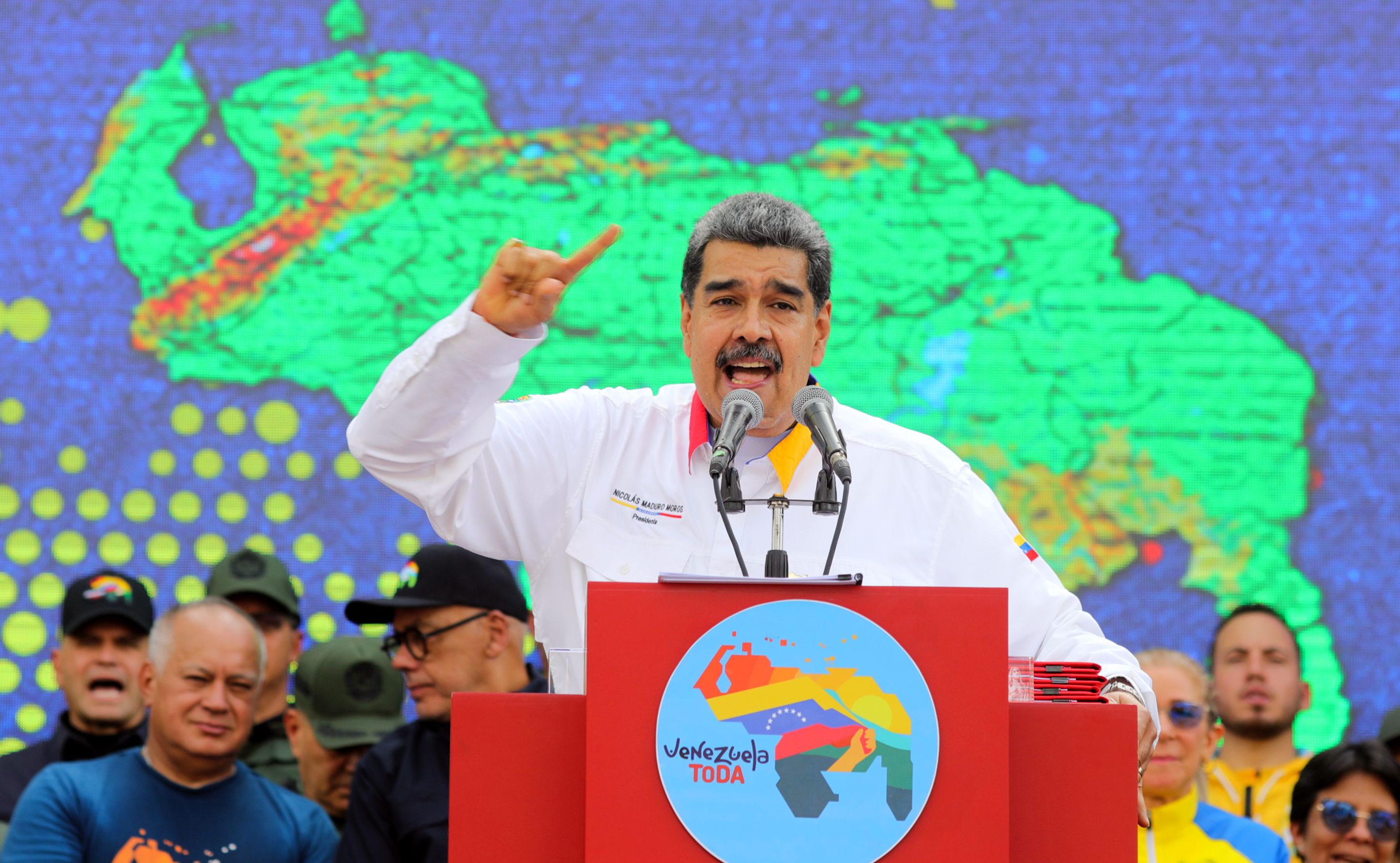
A free daily email with the biggest news stories of the day – and the best features from TheWeek.com
You are now subscribed
Your newsletter sign-up was successful
Thanks to the reckless bravado of Venezuela's President Nicolás Maduro, Latin America is at risk of "major continental war for the first time in 75 years", said Alexandra Sharp in Foreign Policy (Washington).
Caracas has long staked a claim to Essequibo, a mineral-rich swathe of the Amazon that accounts for two-thirds of neighbouring Guyana – the former British Guiana. That claim acquired added urgency in 2015, when US energy giant ExxonMobil discovered oil reserves off Essequibo's coast – some 11 billion barrels' worth to date.
And last week, in a referendum staged in order to rubber-stamp Venezuela's claim to Essequibo, Maduro claimed he now had the mandate to put that claim into effect. But the vote was held in defiance of a ruling by the International Court of Justice (ICJ) in The Hague, and has raised fears across Latin America that Venezuela could be about to use military force to grab another country's land.
The Week
Escape your echo chamber. Get the facts behind the news, plus analysis from multiple perspectives.

Sign up for The Week's Free Newsletters
From our morning news briefing to a weekly Good News Newsletter, get the best of The Week delivered directly to your inbox.
From our morning news briefing to a weekly Good News Newsletter, get the best of The Week delivered directly to your inbox.
'A vile plunder'
Venezuela's claim to this region dates back centuries, said Luis Alberto Perozo Padua in El Universal (Caracas). Essequibo was administered by Dutch colonisers for 200 years or so until, in 1814, those same colonisers sold a swathe of territory along South America's northern coast to the British. Britain then proceeded to launch a series of incursions into the territory of the recently independent Venezuela – a "vile plunder" that robbed us of vast tracts of resource- and oil-rich land.
Naturally, Caracas tried to resist; but in 1899 an international tribunal in Paris ruled that Essequibo was a part of British Guiana. And ever since Guyana won independence in 1966, the dispute has rumbled on and remains the subject of proceedings in the ICJ. As pretty much all Venezuelans view Essequibo as part of their nation's territory, Maduro had assumed his referendum would boost his waning popularity ahead of next year's elections, said Rafael García Marvez in El Nacional (Caracas). But a vast majority of voters stayed at home, making a mockery of his claim of 95% support. Desperate and disillusioned, Venezuelans had no appetite to hand Maduro a meaningful victory.
'Just sound and fury'
Be that as it may, the vote has still powerfully unsettled us in Guyana, said Frederick Kissoon in The Guyana Chronicle (Georgetown). Maduro is a ruthless dictator, and has already ordered state firms to exploit oil deposits in Essequibo. Will his next step be to deploy the army? Actually, that's not at all likely, said James Bosworth in World Politics Review (Tampa). Venezuela's claim to Essequibo is disputed by virtually every country in the world – even by Maduro's allies in communist Cuba.
So any military intervention would lead to a fresh round of international sanctions on Caracas that the regime could ill afford, to say the least. Besides, Venezuela's army can barely maintain control of its own territory, let alone seize control of a dense area of jungle almost the size of Florida. Unless Maduro has actually lost his marbles, this is all "just sound and fury".
A free daily email with the biggest news stories of the day – and the best features from TheWeek.com
-
 Switzerland could vote to cap its population
Switzerland could vote to cap its populationUnder the Radar Swiss People’s Party proposes referendum on radical anti-immigration measure to limit residents to 10 million
-
 Political cartoons for February 15
Political cartoons for February 15Cartoons Sunday's political cartoons include political ventriloquism, Europe in the middle, and more
-
 The broken water companies failing England and Wales
The broken water companies failing England and WalesExplainer With rising bills, deteriorating river health and a lack of investment, regulators face an uphill battle to stabilise the industry
-
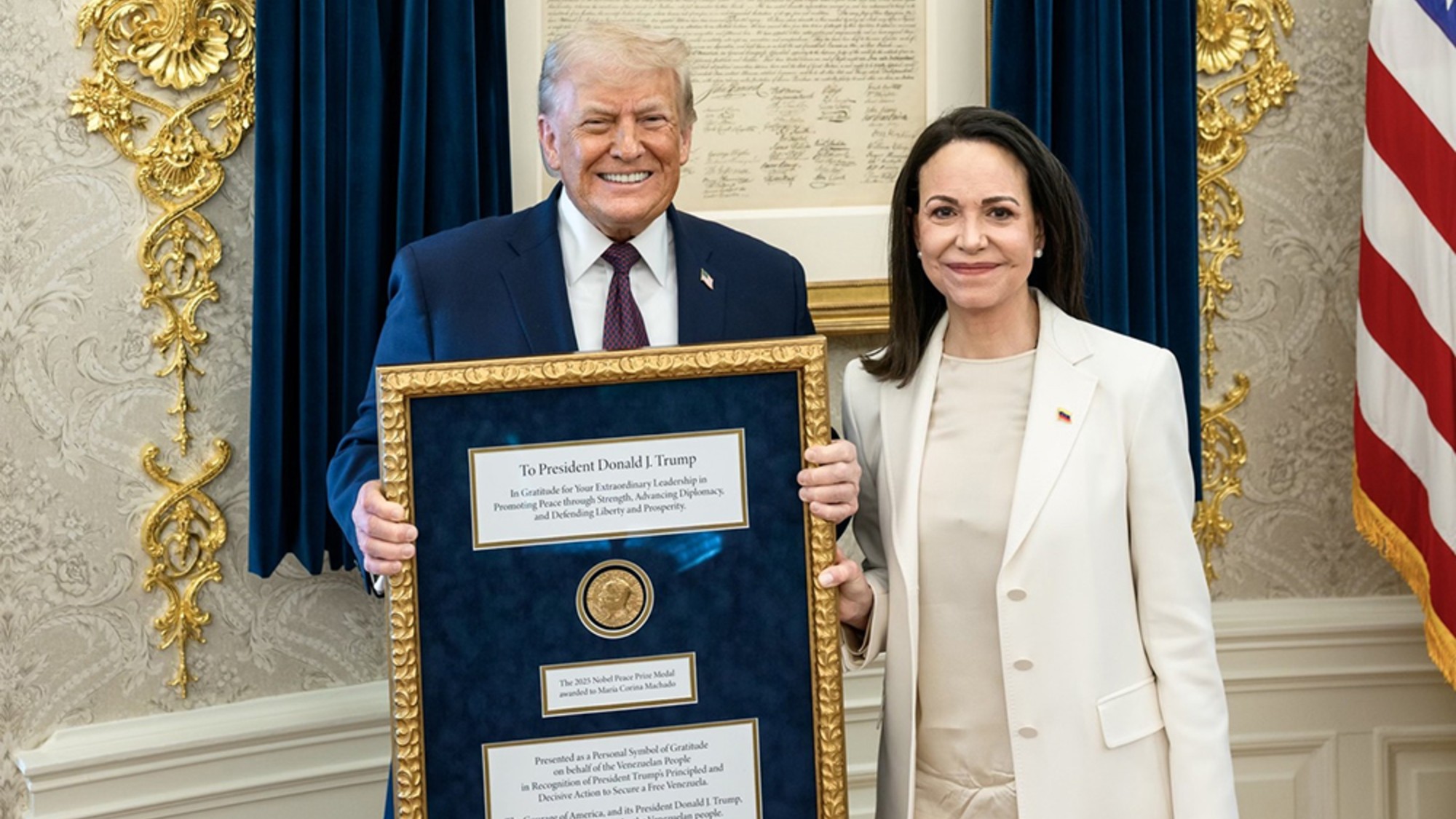 Trump: A Nobel shakedown
Trump: A Nobel shakedownFeature The president accepts gold medal he did not earn
-
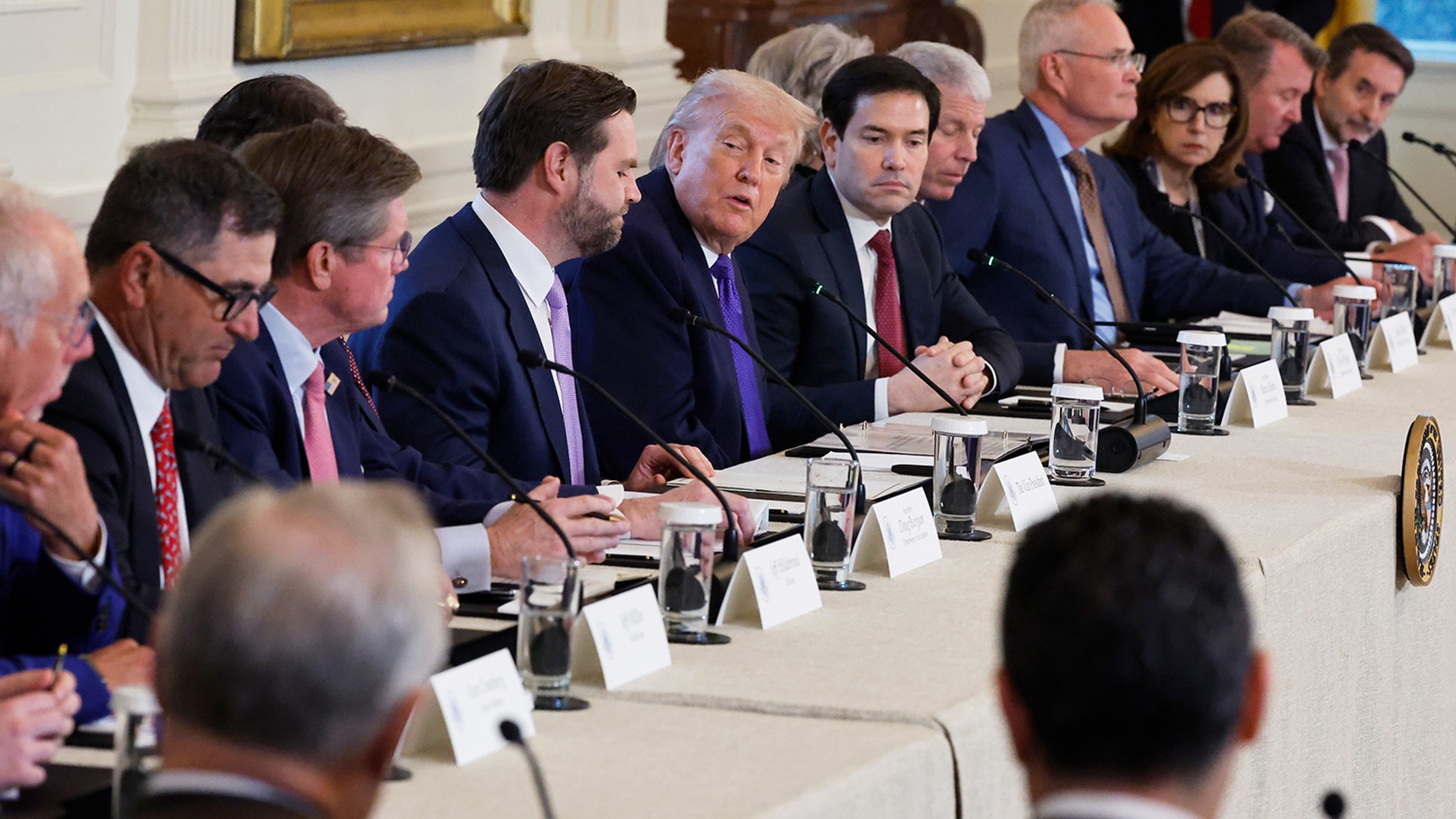 Venezuela: Does Trump have a plan?
Venezuela: Does Trump have a plan?Feature Oil and democracy are both on the table
-
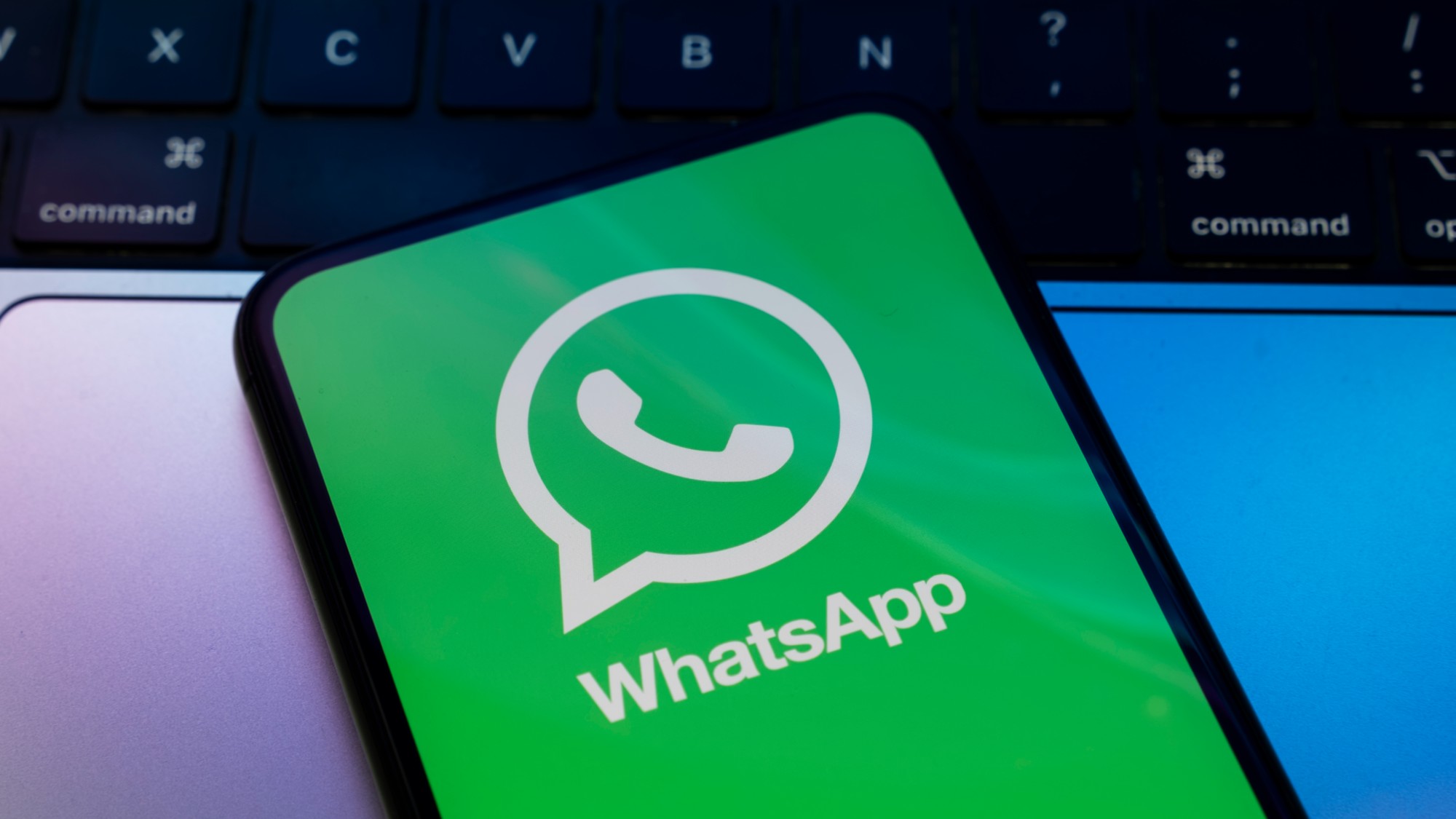 ‘The economics of WhatsApp have been mysterious for years’
‘The economics of WhatsApp have been mysterious for years’Instant Opinion Opinion, comment and editorials of the day
-
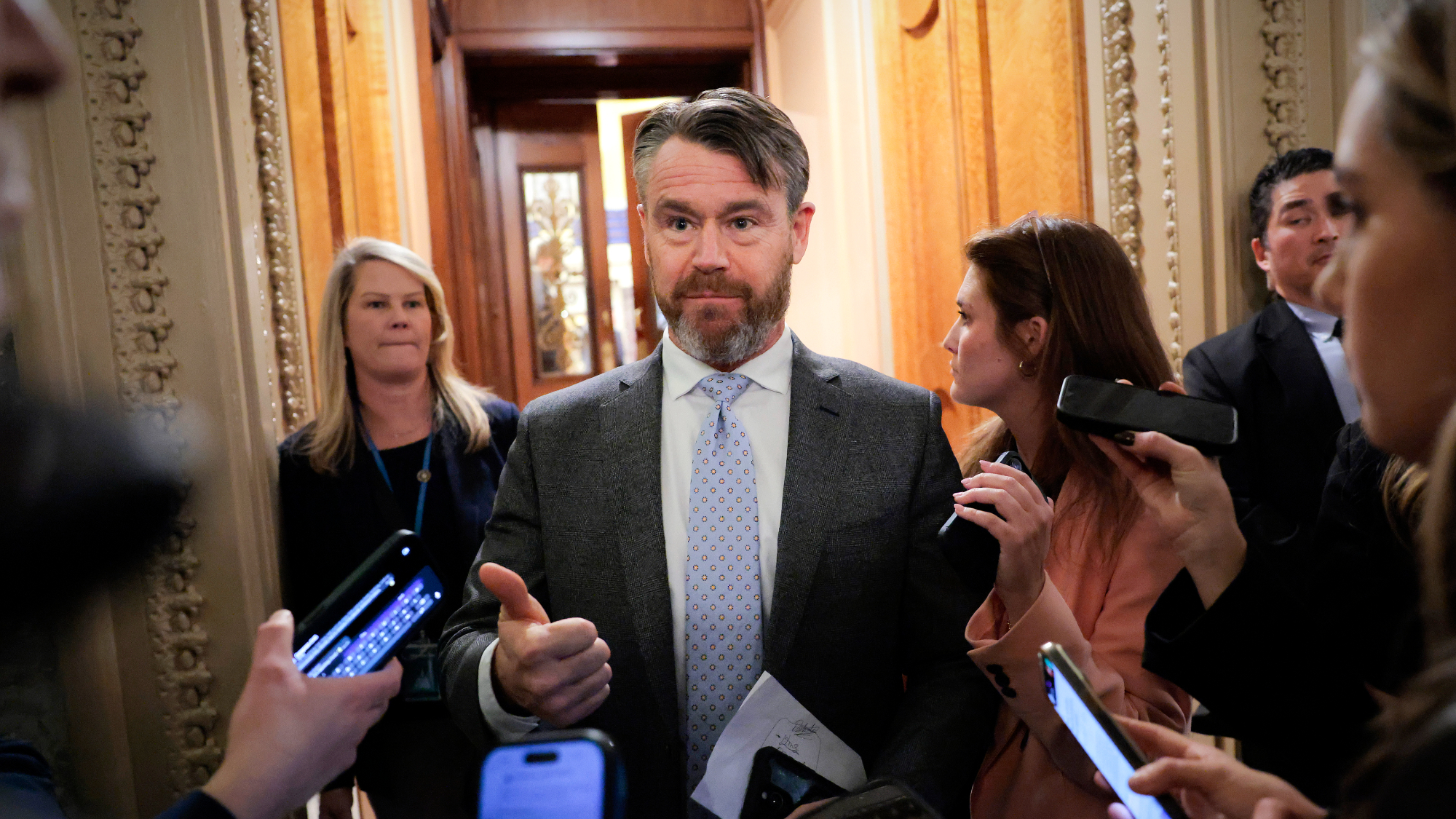 Trump, Senate GOP block Venezuela war powers vote
Trump, Senate GOP block Venezuela war powers voteSpeed Read Two Republicans senators flipped their vote back amid GOP pressure
-
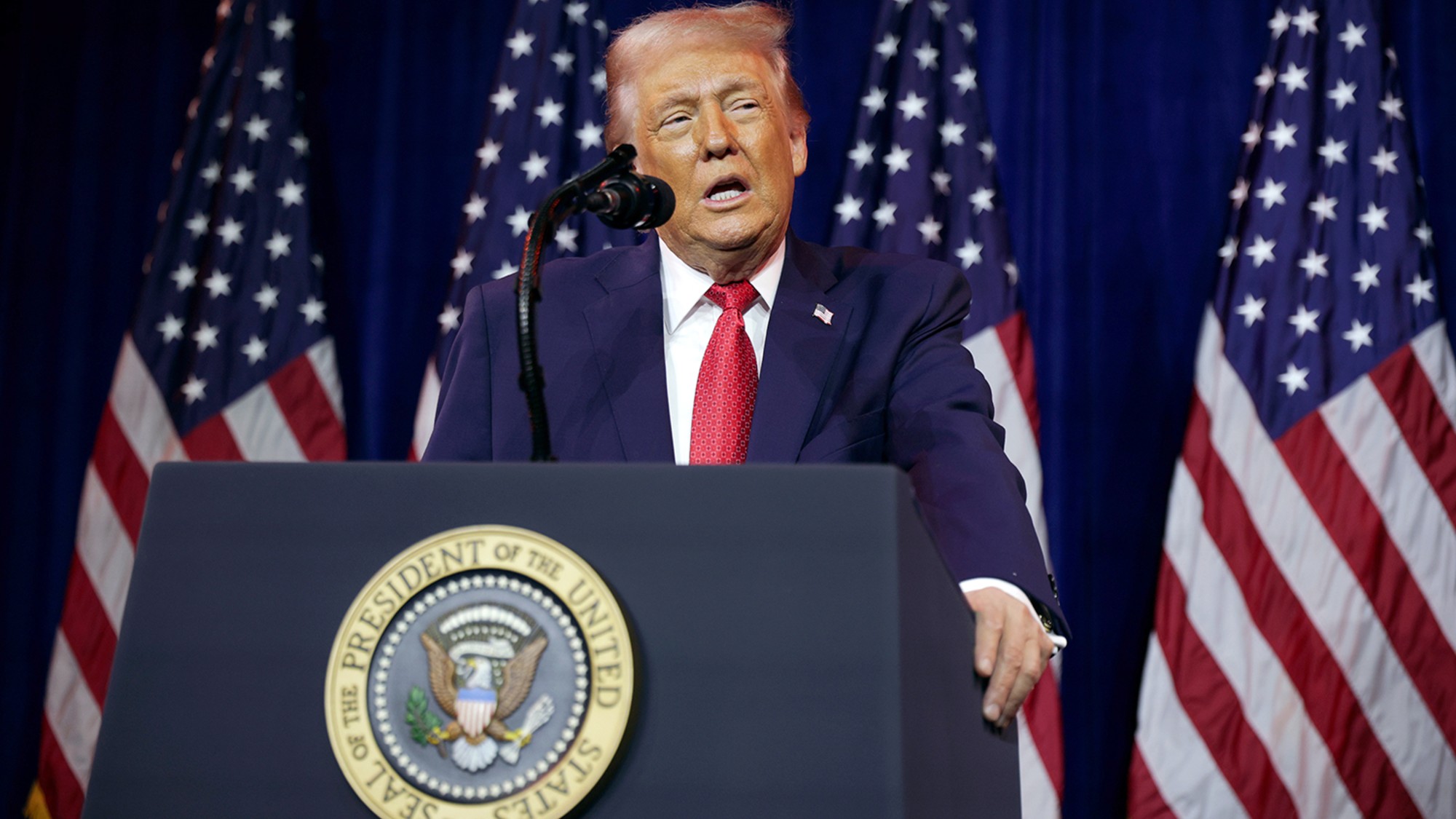 Venezuela: The ‘Donroe doctrine’ takes shape
Venezuela: The ‘Donroe doctrine’ takes shapeFeature President Trump wants to impose “American dominance”
-
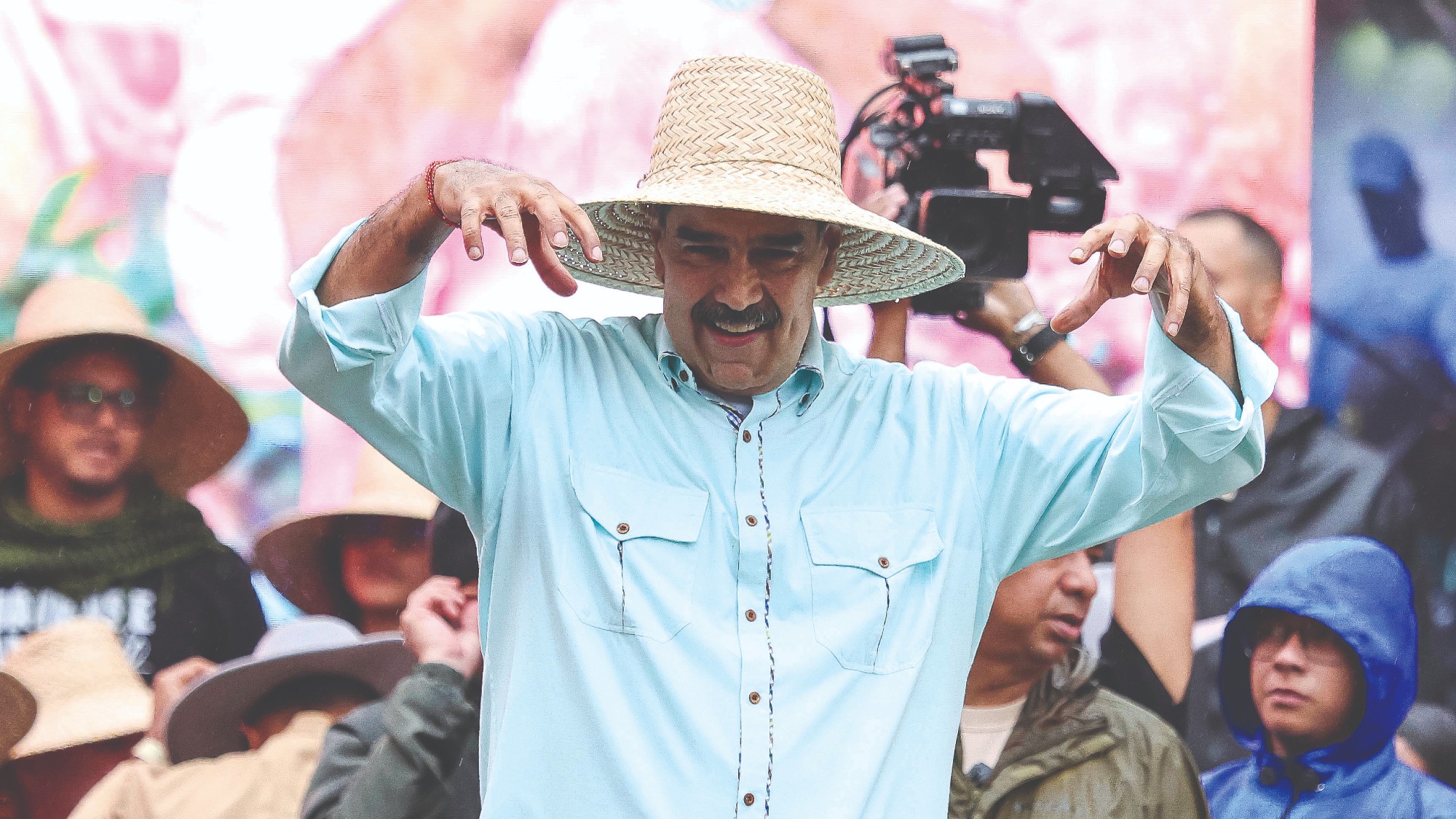 Maduro’s capture: two hours that shook the world
Maduro’s capture: two hours that shook the worldTalking Point Evoking memories of the US assault on Panama in 1989, the manoeuvre is being described as the fastest regime change in history
-
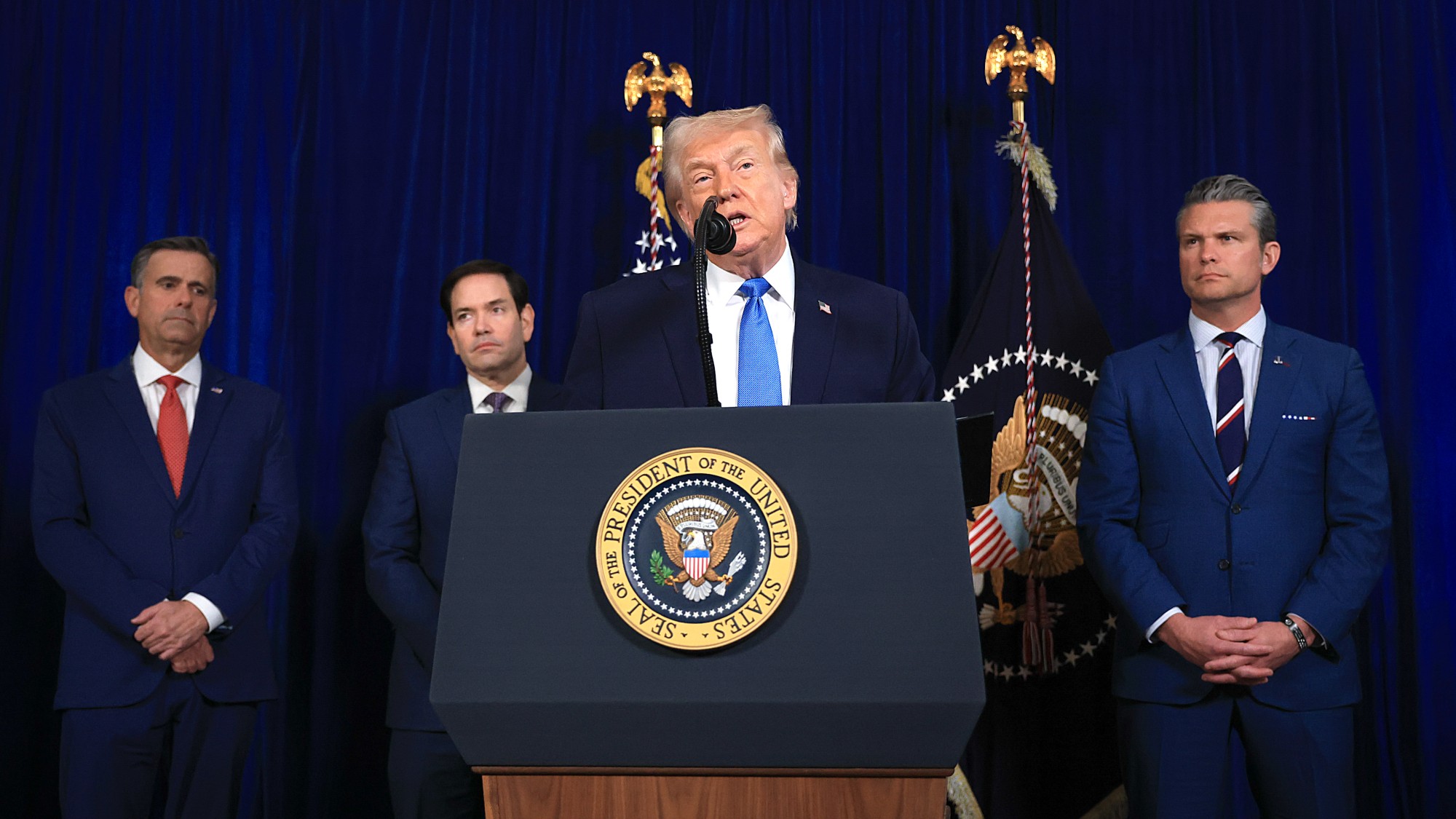 Trump’s power grab: the start of a new world order?
Trump’s power grab: the start of a new world order?Talking Point Following the capture of Nicolás Maduro, the US president has shown that arguably power, not ‘international law’, is the ultimate guarantor of security
-
 Do oil companies really want to invest in Venezuela?
Do oil companies really want to invest in Venezuela?Today’s Big Question Trump claims control over crude reserves, but challenges loom